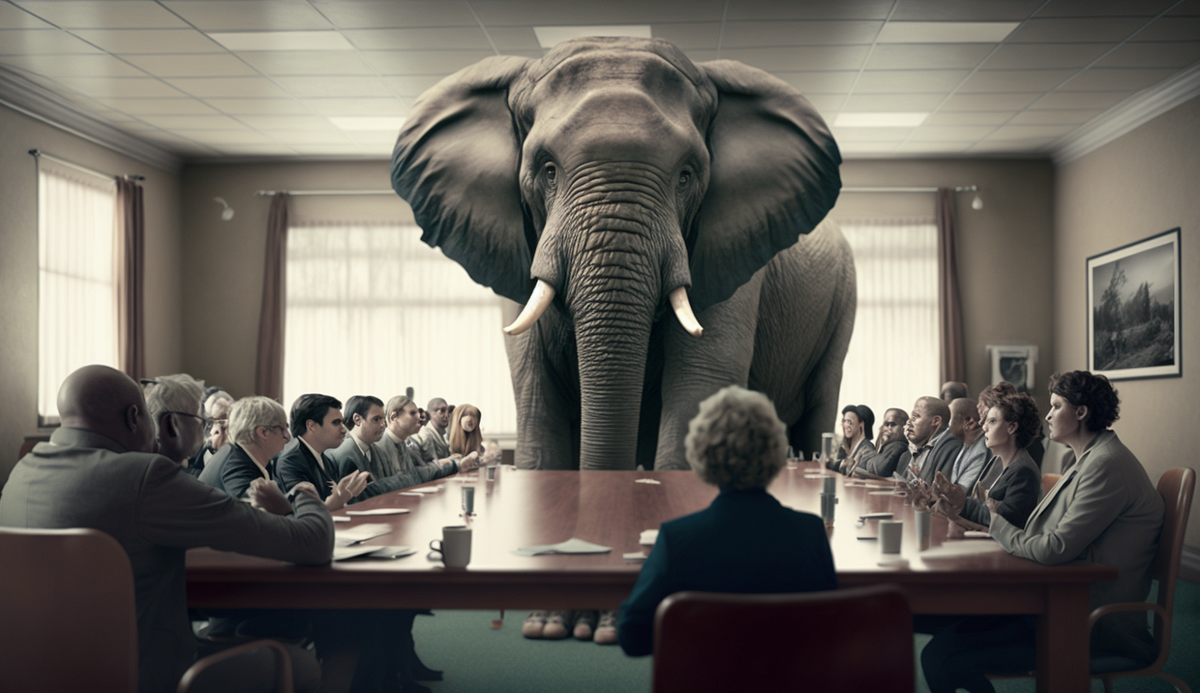AI and the Law: What You Need To Know

🌈 Abstract
The article discusses the legal implications of AI-generated content and the lack of clarity around intellectual property (IP) ownership. It highlights the recent efforts by the US Copyright Office to investigate copyright law and policy concerns related to Generative AI. The article also covers the current legal landscape, the growth of Generative AI, and the potential risks and challenges faced by creators, companies, and content producers using AI-generated content.
🙋 Q&A
[01] The Current Legal Landscape
1. What is the current law regarding copyrighting AI-generated artwork? According to the USCO director Shira Perlmutter, if a work's traditional elements of authorship were produced by a machine, the work lacks human authorship and the Office will not register it for copyright protection.
2. What does this mean for AI-generated content such as digital art, poems, books, and other creative works? Digital art, poems, and books generated using tools like DALL-E, Stable Diffusion, Midjourney, ChatGPT, or GPT-4 will not be protected by copyright if they were created by humans using only a text description or prompt.
[02] The Generative AI Boom
1. What is driving the rapid growth of Generative AI? The maturity of image creation, the explosion of writing tools, and the rise of video and audio tools are driving the growth of Generative AI. The release of GPT-4, the adoption of APIs, and LLM open-source solutions have also contributed to the acceleration.
2. How are tech giants like Microsoft and Google responding to the Generative AI boom? Tech giants are embedding Generative AI features into their business suites, enabling companies to implement creative workflows and produce content at scale.
[03] Implications and Risks
1. What are the implications of the current copyright laws for individuals and companies using AI-generated content? If you are generating content using AI tools, you do not own the IP rights to that content. The beautiful images generated with Midjourney, the written documents, articles, or news items created using AI, and even AI-generated videos or animations are not protected by copyright laws.
2. What are the potential legal risks for companies and creators using AI-generated content? There is a risk of fair use lawsuits, as seen in the cases against Stability AI, Midjourney, DeviantArt, and OpenAI. If the courts rule that the artists should be compensated for the trained data, it could have a significant impact on companies and AI artists using AI-generated content in their products.
[04] The Ambiguity of Creative Authorship
1. What are the uncertainties around the legal status of mixed media and modified AI-generated content? It is unclear how mixed media factors into AI laws. If a user modifies a generated image or trains a model based on their own images, or if they use AI to summarize articles written by someone else, the legal framework is not always clear-cut.
[05] Next Steps
1. What is the Copyright Office doing to address the issues around Generative AI and copyright? The Copyright Office is hosting public listening sessions throughout the spring to gather input from artists, creative industries, AI developers and researchers, and lawyers working on these issues.
2. How can individuals participate in the public listening sessions? Individuals can register to participate in the public listening sessions on literary works, visual works, audiovisual works, and music and sound recordings.